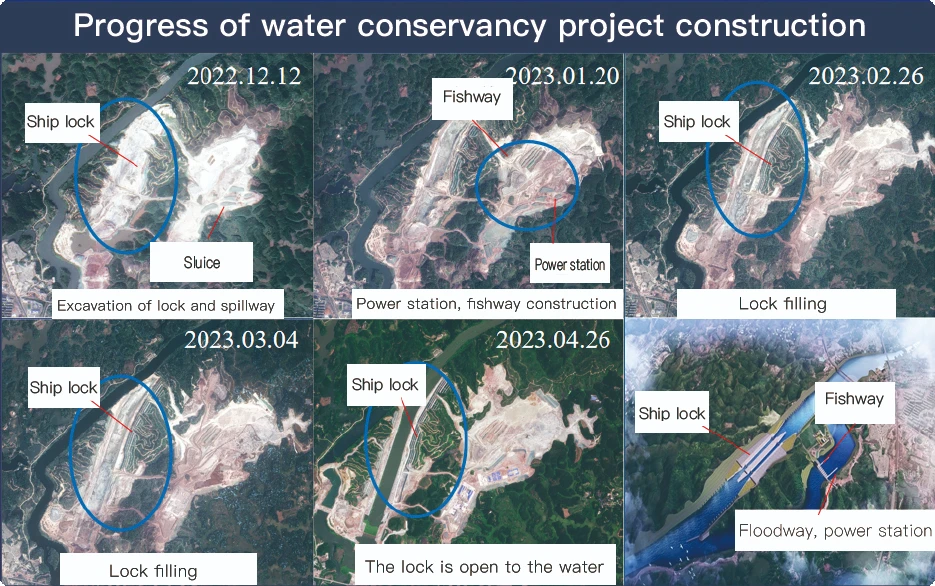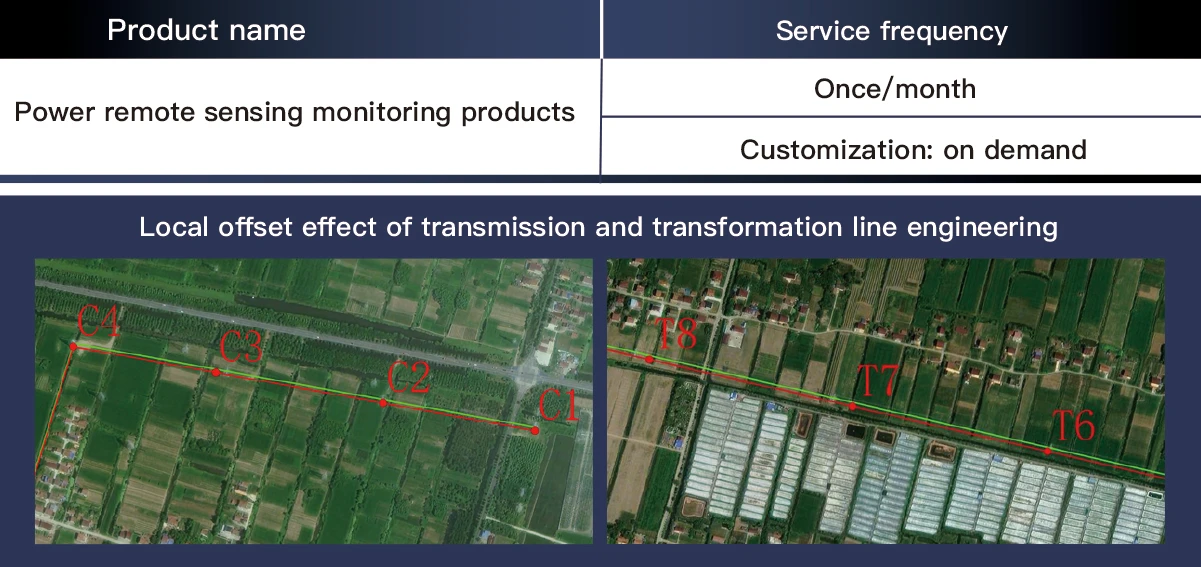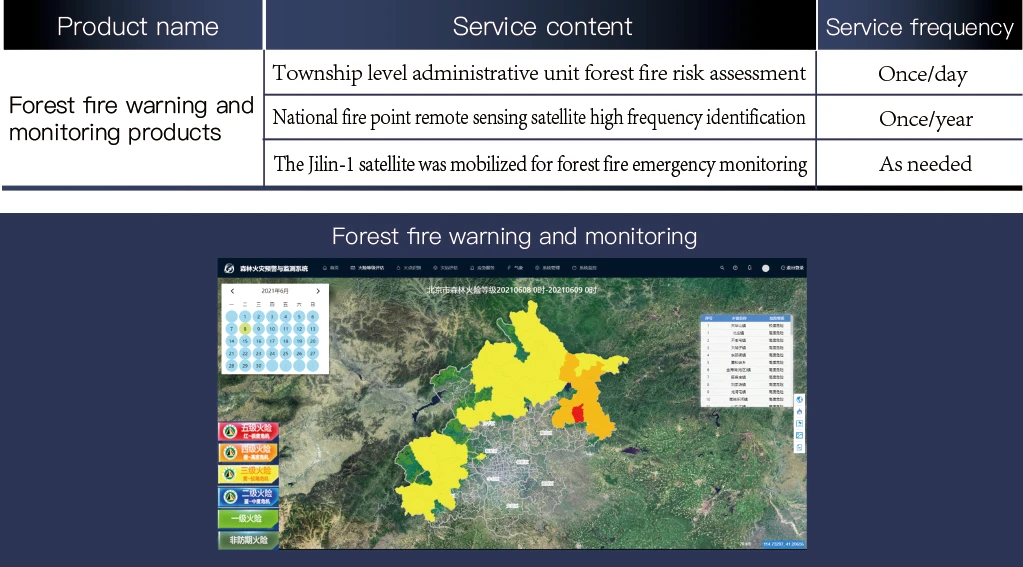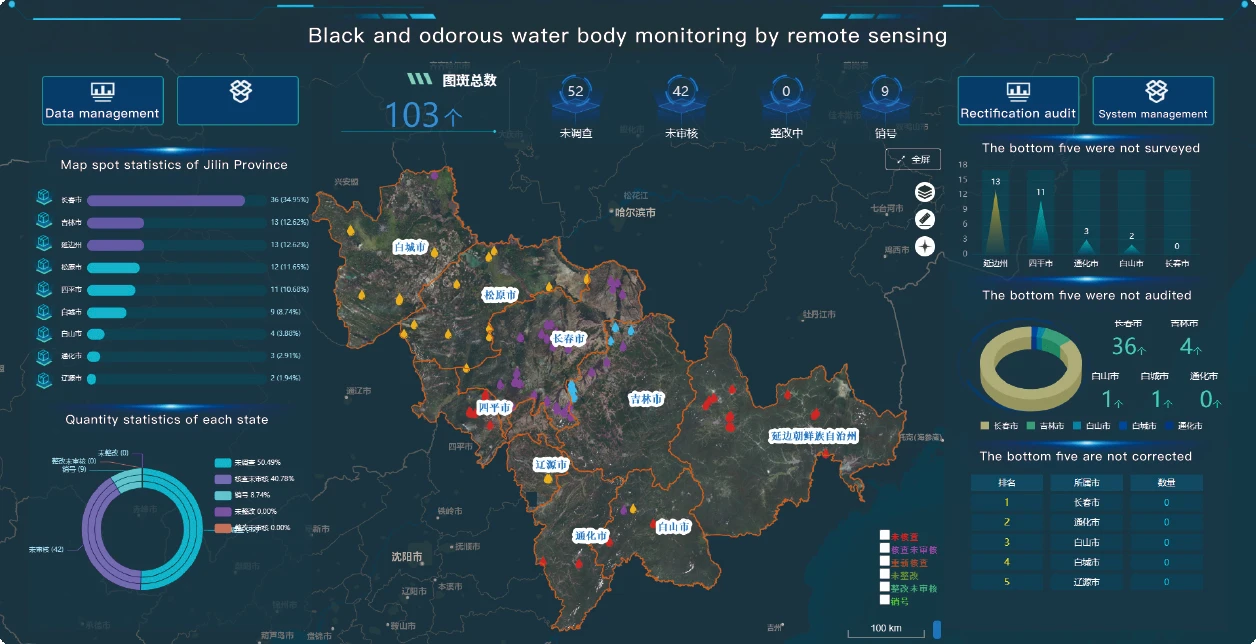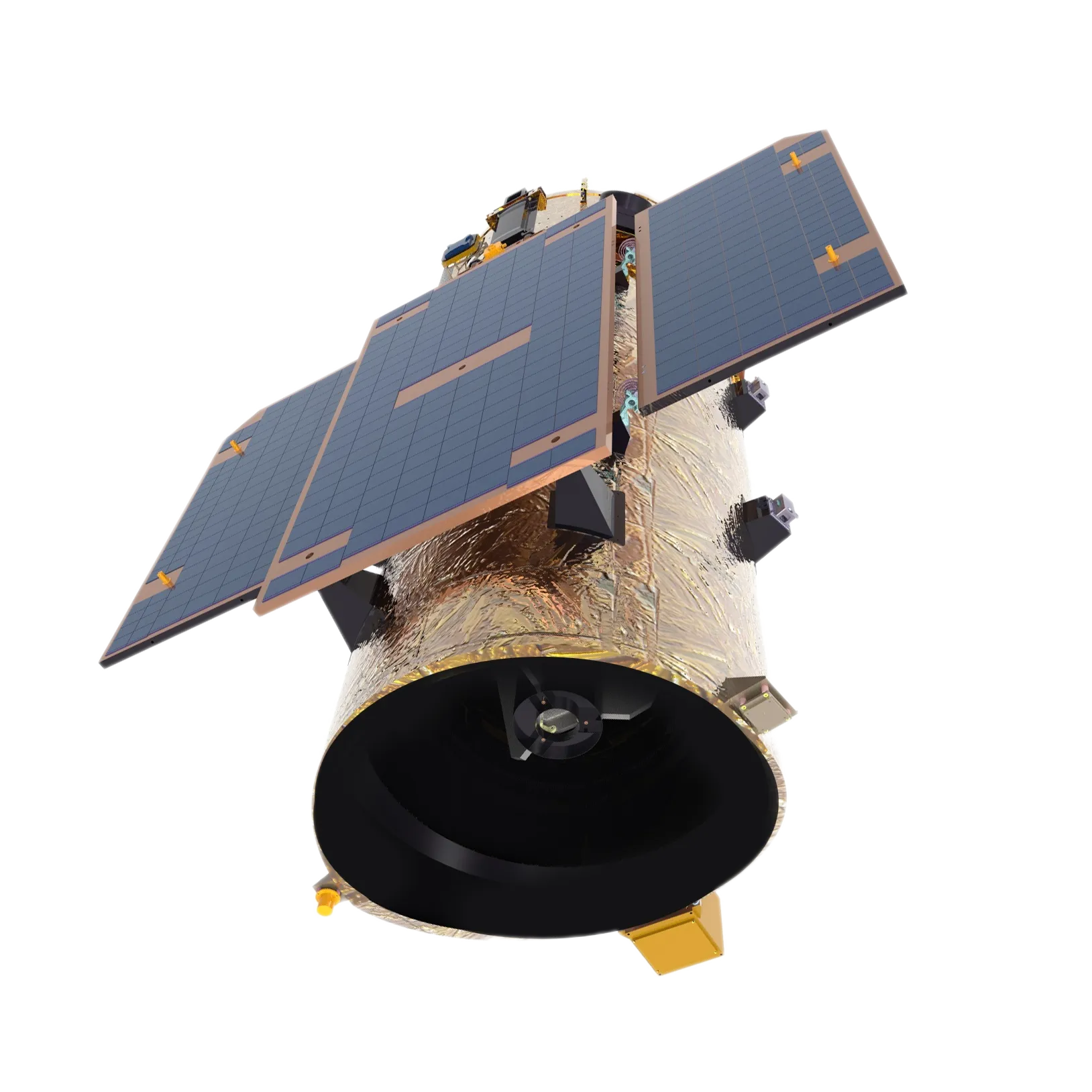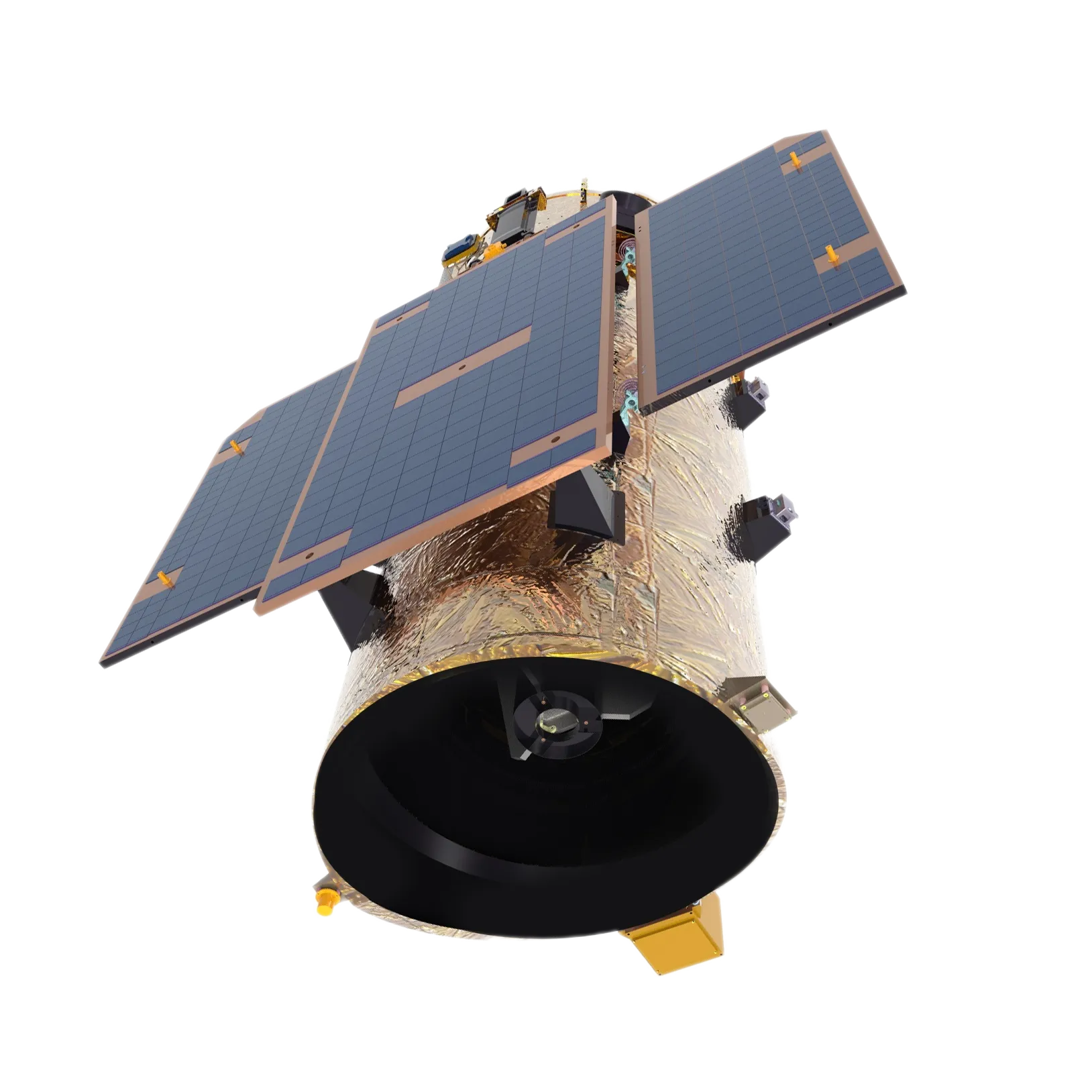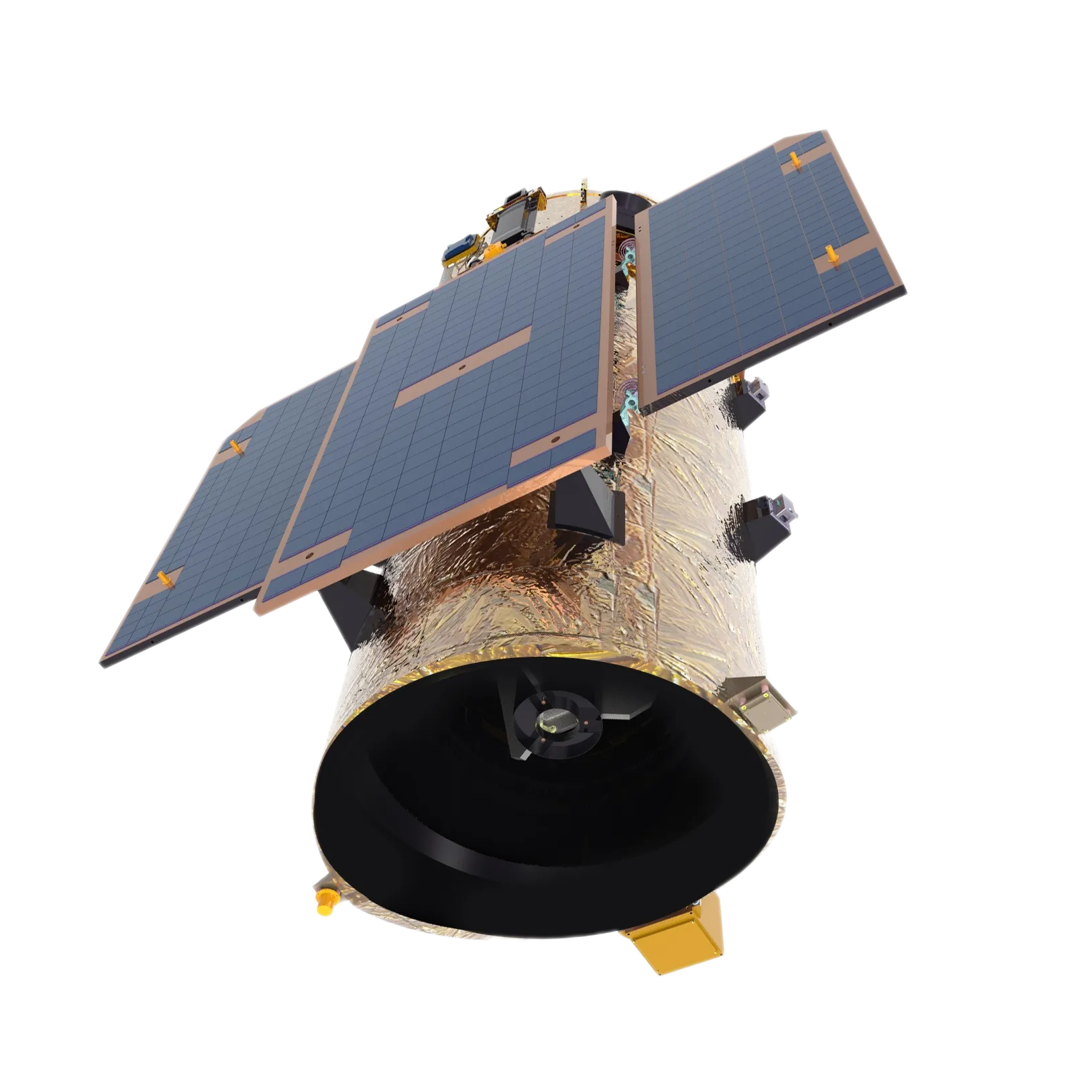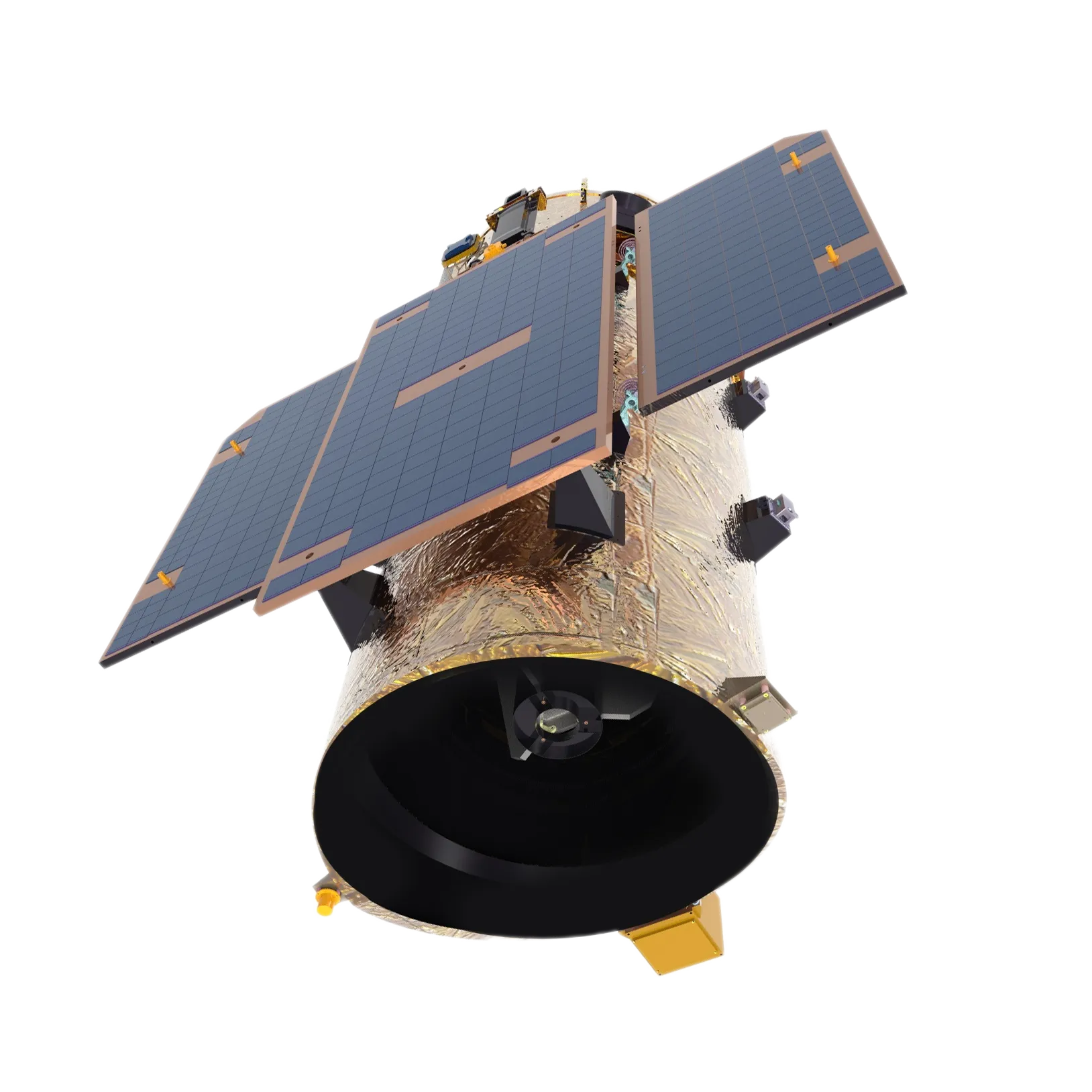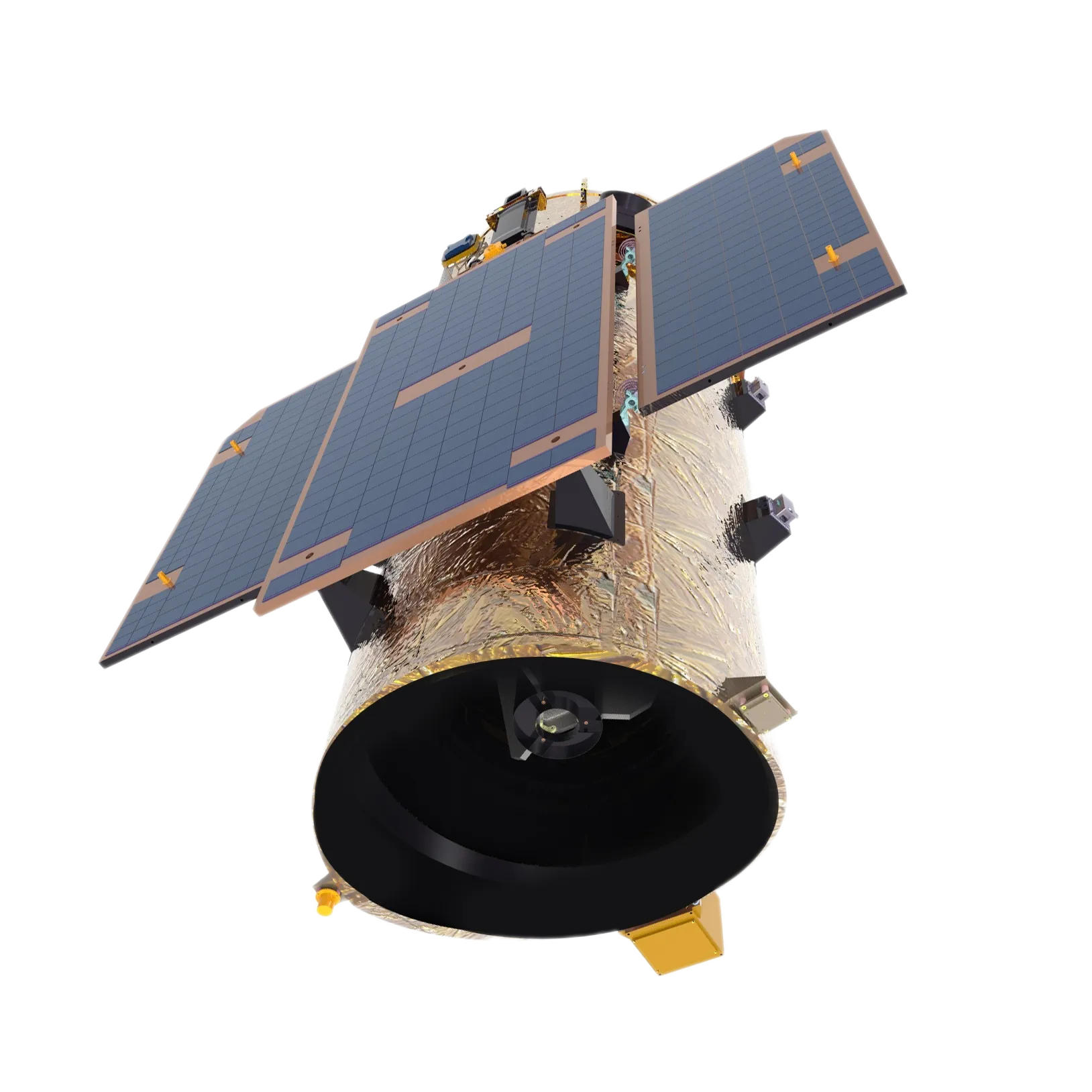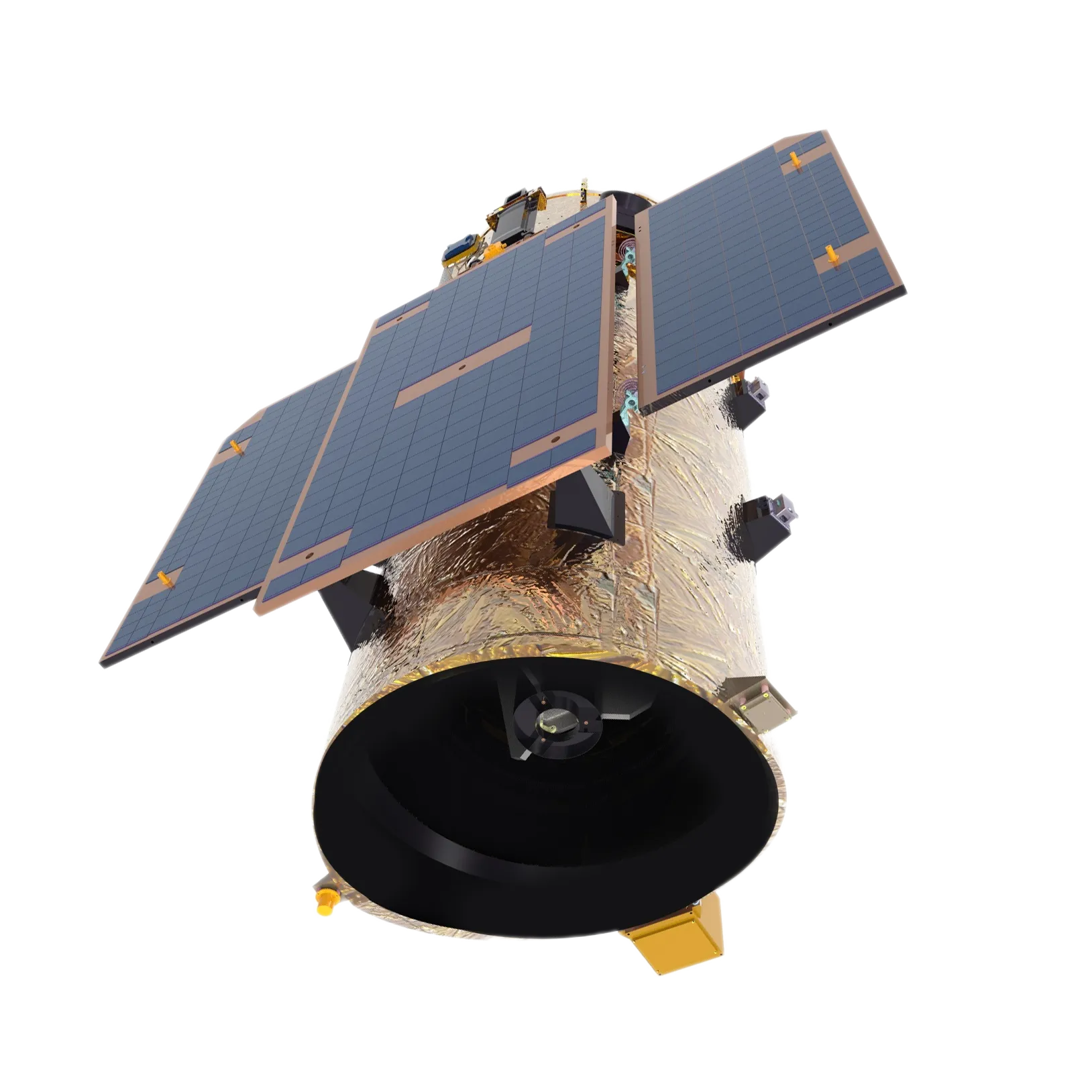
- afrikanska
- albanska
- amhariska
- arabiska
- armeniska
- azerbajdzjanska
- baskiska
- vitryska
- bengaliska
- bosniska
- bulgariska
- katalanska
- Cebuano
- Kina
- korsikanska
- Kroatisk
- tjeckiska
- danska
- holländska
- engelska
- esperanto
- estniska
- finska
- franska
- frisiska
- galiciska
- georgiska
- tyska
- grekiska
- Gujarati
- haitisk kreol
- Hausa
- hawaiianska
- hebreiska
- Inga
- Miao
- ungerska
- isländska
- igbo
- indonesiska
- irländsk
- italienska
- japanska
- javanesiska
- Kannada
- kazakiska
- Khmer
- rwandiska
- koreanska
- kurdiska
- kirgiziska
- Arbetskraft
- latin
- lettiska
- litauiska
- Luxemburgiska
- makedonska
- Madagaskar
- malajiska
- Malayalam
- maltesiska
- Maori
- Marathi
- mongoliska
- Myanmar
- nepalesiska
- norska
- norska
- occitanska
- Pashto
- persiska
- polska
- portugisiska
- Punjabi
- rumänska
- ryska
- Samoan
- skotsk gaeliska
- serbiska
- engelska
- Shona
- Sindhi
- singalesiska
- slovakiska
- slovenska
- somaliska
- spanska
- Sundanesiska
- Swahili
- svenska
- Tagalog
- tadzjikiska
- Tamil
- tatariska
- Telugu
- Thai
- turkiska
- turkmeniska
- ukrainska
- Urdu
- Uigur
- uzbekiska
- vietnamesiska
- walesiska
- Hjälp
- jiddisch
- Yoruba
- Zulu
Satellite SFS: Driving Next-Generation Autonomous Space Missions
The advancement of space technology heavily relies on sophisticated software systems, and satellite SFS (Satellite Flight Software) stands at the heart of modern satellite operations. As space missions demand higher autonomy, reliability, and adaptability, SFS satellite solutions are evolving rapidly to meet these challenges. From orbit control to payload management, satellite SFS empowers satellites to perform complex tasks with minimal ground intervention, ensuring mission efficiency and success.
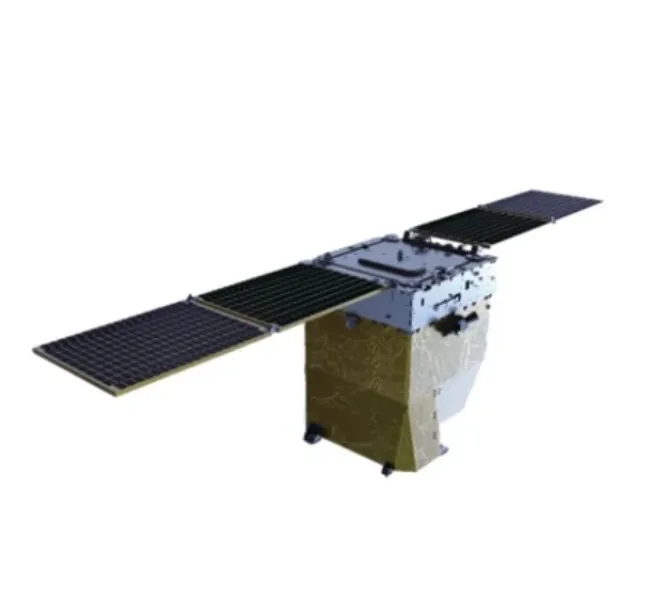
Key Functions Of Satellite SFS In Mission Management
At its core, satellite SFS is responsible for controlling and coordinating the various subsystems onboard a satellite. This includes attitude and orbit control, power management, thermal regulation, and communication interfaces. A well-designed SFS satellite software platform can detect anomalies in real-time, trigger corrective actions, and optimize resource allocation. These capabilities reduce downtime and enhance satellite longevity, which are crucial for both commercial and scientific missions.
Autonomous Operations Enabled By SFS Satellite Software
With the growth of large satellite constellations and deep-space missions, autonomous operation becomes a necessity. SFS satellite incorporates intelligent algorithms that allow satellites to self-diagnose issues, reconfigure subsystems, and adjust operational parameters based on environmental inputs. This autonomy lowers operational costs and enhances mission resilience, especially in scenarios where communication delays or disruptions with ground stations are common. The integration of artificial intelligence and machine learning into satellite SFS continues to push the boundaries of what satellites can achieve independently.
Diverse Applications Of Satellite SFS Across Platforms
Mångsidigheten hos satellite SFS is evident in its application across multiple satellite platforms. Small satellites such as CubeSats leverage lightweight and efficient SFS satellite software to maximize performance within tight resource constraints. Larger communication and Earth observation satellites rely on comprehensive satellite SFS systems to manage complex payloads and maintain stable operation in challenging orbital environments. This adaptability makes satellite SFS an essential component in the design and deployment of satellites across commercial, scientific, and defense sectors.
In summary, the continuous development of satellite SFS is critical to advancing space technology. By enabling greater autonomy, reliability, and flexibility, SFS satellite software enhances mission capabilities and opens new opportunities for exploration and services in space. As demands for satellite functionality grow, innovative satellite SFS solutions will remain central to the future of space operations.

